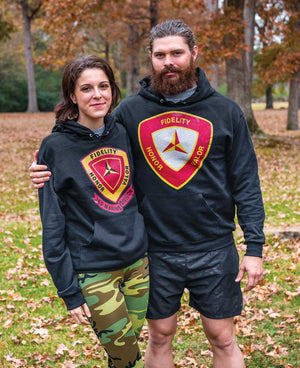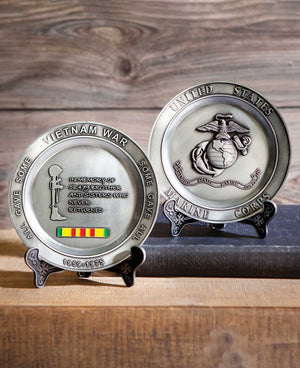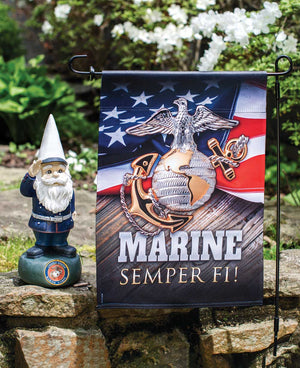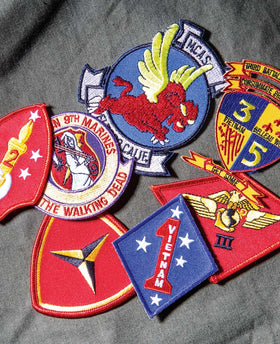Request a Catalog
Following up on your story about military working dogs:
Following up on your story about military working dogs:
Marine Scout Dogs In Support of the Combined Action Platoons During the Vietnam War, John Denecke served as a Scout Dog Handler with his dog, Rex5A31, with the 3rd Combined Action Group in 1969. He wrote: “A Scout Dog Team was a big advantage to these (Combined Action Platoon) small units because of the dog’s ability to detect and search out the enemy much quicker than a human could. The handler was only as good as the dog and the most important asset was the handler’s ability to read his dog’s alert and act upon it.” Denecke continued that too many dogs have similar training, but no two dogs are the same. He further explained that it was vitally important for the handler to really know his dog and learn what every move means; it was the only way the dog could communicate with the handler:
The most important effect Rex had when working in the villages was the psychological one. Since the enemy worked in small numbers when trying to penetrate a village, they would avoid one where they thought a dog team was working, because they knew the dog’s capabilities for early detection and also the dog’s eagerness to attack if the handler thought it was needed. Never staying in one village for a long period of time was also an advantage because the enemy was never sure where you were and the dog worked best in strange areas. Most of our experiences with these small units were night ambushes and daytime search and destroy missions. Once Rex had his work collar on and we started moving out, he knew what to do. We usually walked about 20 meters out in front of the column so that if Rex did alert on anything, I could react and protect him because his job was done. The rest was up to the squad. Often we ended up ambushing the enemy who had intended to ambush us because of Rex’s outstanding sense of smell and danger. A day does not go by in my life that I don’t think of Rex and wish he could have come home with me. I’ll never forget him as long as I live. He is the reason I am still living. Semper Fi, Rex, John J. Denecke, January, 1970.
From former Combined Action Platoon Marine Tim Duffie: “John J. Denecke died in June of 1998, shortly after he submitted this story to the Combined Action Platoon website I created. I received an email from his family telling me how pleased he was to know Rex will continue to be honored on the website.” Excerpt from Combined Action by Gene Hays, available at Amazon.com.
-Gene Hayes







Comments
Leave a comment